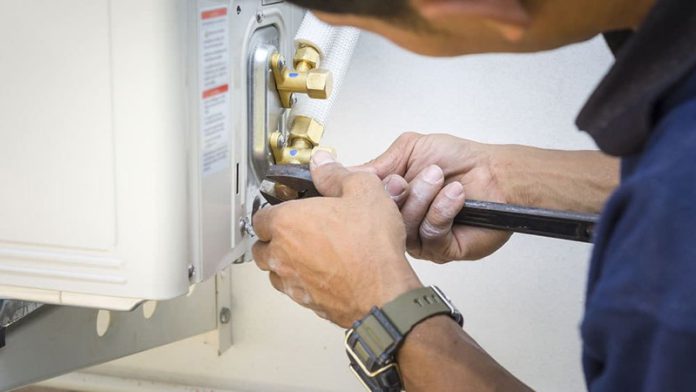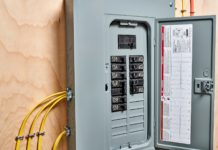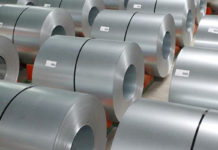As temperatures rise, the last thing any homeowner wants is for their air conditioning system to break down unexpectedly. Not only can it lead to discomfort, but it can also result in costly repairs or replacements. However, by paying attention to certain indicators, you can catch potential AC breakdowns early and take preventive measures. In this blog, we’ll discuss the key indicators to watch for, helping you avoid the inconvenience and expense of a sudden AC failure.
- Unusual Noises: One of the most obvious signs that something may be wrong with your air conditioning system is the emergence of strange noises. These can include banging, clanking, hissing, or grinding sounds. Such noises often indicate issues with components like the compressor, fan motor, or belts. Ignoring these sounds can lead to further damage and eventually system failure. If you notice any unusual noises coming from your AC unit, it’s crucial to have it inspected by a professional promptly.
- Weak Airflow: Another common indicator of potential AC problems is weak airflow from the vents. If you notice that certain rooms in your home are not receiving adequate cooling or if you feel weak airflow coming from the vents, it could indicate issues with the ductwork, fan motor, or compressor. Reduced airflow not only compromises comfort but also puts extra strain on the system, leading to increased energy consumption and potential breakdowns.
- Foul Odors: If your air conditioner is emitting unpleasant odors, it’s a clear sign that something is amiss. Musty or moldy smells often indicate the presence of mold or mildew within the system or ductwork, which can negatively impact indoor air quality and trigger allergies or respiratory issues. On the other hand, burning or pungent odors may suggest electrical problems or overheating components. Addressing these odors promptly through professional maintenance can prevent further damage and ensure your AC system operates efficiently.
- Leaks or Moisture: Any signs of leaks or moisture around your air conditioning unit should never be ignored. Leaking refrigerant can not only harm the environment but also lead to decreased cooling performance and potential compressor failure. Additionally, moisture buildup within the system can foster mold growth and corrosion, compromising the integrity of the components. Regular inspections by a qualified technician can identify and rectify leaks before they escalate into major issues.
- Frequent Cycling: If your AC unit is turning on and off frequently (short cycling), it could indicate various underlying problems, including dirty air filters, thermostat issues, refrigerant leaks, or malfunctioning components. Short cycling not only reduces energy efficiency but also puts unnecessary strain on the system, increasing the risk of premature breakdowns. Consulting with a professional HVAC technician can help diagnose the root cause of the cycling and prevent further damage.
Conclusion: Being proactive about monitoring your air conditioning system can save you from the inconvenience and expense of a sudden breakdown. By paying attention to key indicators such as unusual noises, weak airflow, foul odors, leaks, and frequent cycling, you can identify potential issues early and take preventive action. Remember, regular maintenance by a qualified HVAC technician is essential for keeping your AC system running smoothly and efficiently.
For reliable HVAC services and expert assistance in maintaining your air conditioning system, contact Elite Plumbing, Heating & Air Conditioning at 702-263-2665. Don’t wait until it’s too late—ensure your comfort and peace of mind by addressing AC issues promptly.















